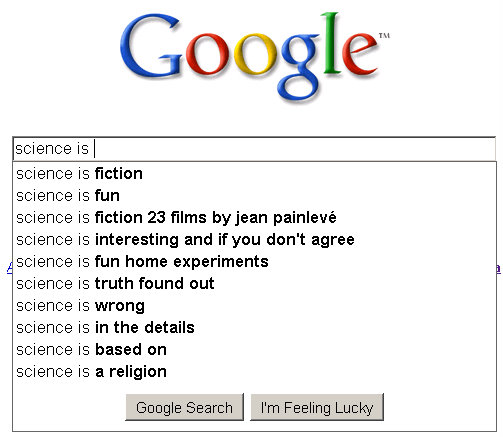I had the chance this week to head along to JCU’s Society of Atheist Philosophy (SOAP) meeting where Dave Walker was invited to speak on the reasons he’s not an atheist.
The meeting itself had all the trappings of a Christian meeting. It had a nice positive tone.
Dave did a great job. I’m hoping he’ll turn his three reasons into guest posts.
But here are six areas I think Christians and atheists should agree.
- The separation of church and state is a good thing
One of the big branding problems facing Christianity, and one of the major problems atheists have with Christians, is that we’re inconsistent in our approach to politics.We can’t want to impose Christian morality on people through the legal system unless we’re happy for an atheist government, or Islamic government to do the same to us. If we all believe we’re right and everybody else is wrong we need to make accommodations for this in the way we deal with each other.
- Freedom of speech
I’m a bit shocked at how Christians respond when atheists want to advertise or gather. This week two atheist websites were hacked – probably by crazy Christians. Complaints flood in every time an atheist association puts up a billboard or advertises on a bus.If we want to be free to discuss and promote our beliefs we need to uphold the rights of others to do the same. Even if we don’t like what they’re saying.
- Most religious beliefs are crazy
I think it was Peter Jensen who said that atheists are the closest group philosophically to Christians because we’ve both made a deliberate decision regarding the existence of God. We believe there is one, they believe there is none, the rest of society is either undecided, pluralistic, or quasi-spiritual.In most cases we’ve applied logic and reason to the rejection of other Gods. We shouldn’t be overly upset when atheists do that to us. Even if we think they’ve discounted one God too many.There are also a lot of subsets of Christianity that fit the crazy bill. Anyone who bases a distinctive on one verse in a part of a gospel that is not even in all the original manuscripts (like the snake holders and poison drinkers do) should be considered crazy.
Most people who read Revelation as though it’s a literal description of what’s going to happen (even though it is introduced as a vision) can also rightly be labeled crazy.
- Pluralistic relativism is a dumb idea
If there’s one idea that truly unites atheists and Christians it’s the idea that we can’t all be right. Both groups make absolute claims. All religions make contradictory claims. Even the monotheistic Abrahamic religions that are theoretically following the same God make claims that can not be reconciled. Islam teaches Jesus didn’t die. Judaism teaches Jesus isn’t the Messiah, and that he didn’t rise. We can’t all be right. We can’t pretend that we are. - Morality is not dependent on belief in God
Atheists are capable of doing good things. The group contributing the most money to developing small businesses in developing countries on Kiva is an atheist society.Christian statements about morality are slightly confused, which in turn confuses atheists. There are two definitions of good at play in the Bible. One describes actions. It’s “good” to feed the hungry. The other describes our nature. Where nobody can be “good enough” for God.
It’s true that Christians believe that all goodness, and good actions of people come from God. Whether you’re a Christian or an atheist. And that good atheist actions come because they too are made in the image of God.
But you don’t have to believe in God to be good.
To throw further confusion into the mix – not even Christians are “good” in the complete sense. And nobody is good (or righteous) except Jesus.
- Science is a great tool for understanding the world
Christianity’s stance on science (particularly in America) is confused and confusing. Science has no scope to prove or disprove God, unless you think the Bible (written before the scientific method was developed) somehow seeks to be a scientific textbook.Science teaches us about the way God does things. It reveals more about the world we live in. Christians should love science. Not fear it. The reason some Christians fear it is the same reason someone attacked by a vicious dog fears all dogs. Science handled badly is dangerous.
What Christians shouldn’t like (and one of Dave’s points) is the idea of naturalism – that only what we can sense and test is real. This is a philosophy that embraces science as a sword. It’s not science.
